The Top 10 Greatest Stephen King Adaptations of All Time
Every time there is a new Stephen King film or TV show coming out, I make it a point to revisit the book or short story it is based on. I kept that same energy going with The Long Walk (2025).
While it is hard to measure one King adaptation to the next, because of the vast amount of King of screen media we get, it is really hard not to. I loved the film, and I believe it captured the existential dread that comes from living in a lopsided society, where entering a competition that most will die in is better than starving to death.
That being said, below are my top ten King adaptations, that in my opinion, are the most worth exploring. They are not ranked by box office success or faithfulness, but more so, the films that I believe best represent what makes Stephen King’s work impactful to each new generation. Keep in mind these are not in any particular order either.
Note that there will be spoilers in all of these entries, including for both the films and the books they are based off of.
The Shining (1980)
Perhaps one of the divisive of all King’s works, The Shining (1980) directed by Stanley Kurbrick turns a story of a man’s redemption into one of rot. In the book, during a moment of lucidity, Jack tells Danny to run. In the movie, he never gets that redemption and instead freezes to death in a hedge maze. I can understand why King detested the adaptation calling it a “beautiful car with no engine.”
However, while I can obviously see why the movie turns off fans that like their media a little more authentic, I enjoyed Kubrick’s take. It seems to dissect the idea of madness as an allegory for alcoholism. Much of this lies in the stunning performance of the actors. Shelley Duvall’s Wendy, fragile and trembling, amplifies the horror of domestic confinement, while Jack Nicholson’s manic grin burns through every frame like a warning sign. The issue that most have is that Nicholson is one note, Jack is mad throughout, and thus, we lose the horror of the transition, but the film is purposefully thematic.
King gives us a madness born of love, whereas Kubrick gives us madness born of isolation. I think both works, but in entirely different ways. If you can ignore the film’s avoidance of a character study, it is still a classic.
Misery (1990)
It is worth saying that this is one of the films I watch religiously with my family, including my mom who refuses to watch anything horror. That is because few adaptations truly portray King’s psychological rhythm quite like Rob Reiner’s Misery (1990).
It remains relevant because it not only speaks to the parasocial relationship between creators and their fans, but it also speaks to identity and the control over another person’s life. Kathy Bates fully embodies Annie Wilkes because she isn’t portrayed by an outright villain, but a kind of wounded believer. In some ways, we can understand why she is so devoted to Paul Sheldon’s books, because they give her a world free of chaos. We almost feel sorry for her.
But, then she breaks said author’s feet and then we are jarred back into the reality of just how awful she is. It’s a film that relies on minimalism and knows when to increase pressure and when to let the audience reflect on what they just saw.
The Shawshank Redemption (1994)
I am always amused but not surprised when someone tells me they didn’t know The Shawshank Redemption (1994) was based on a King novel. Actually, it’s a novella to be exact with the original title as Rita Hayworth and Shawshank Redemption.
It is by far the least King-like because admittedly it is not technically a horror, but there are certainly themes that are still relevant for the genre. While there are no monsters it does speak to injustice, hopelessness, and the long shadow of despair.
Directed by Frank Darabont, the film creates moments that are subtle but are completely transformative. A beer on the roof, a record over the loudspeakers, a chess piece carved by hand. Each act of rebellion becomes sacred. The acting is incredible, the shots are immersive, and while most of King’s works crush their characters, the book helps to show how they can crawl through darkness and find a semblance of hope on the other side.
The Green Mile (1999)
In a similar vein, while The Green Mile (1999), also directed by Frank Darabont, does have supernatural elements, because John Coffey, our gentle giant, takes on the illness of others, it still hits a different tonal note than many King’s other works.
Adapted from King’s serialized novel, the structure lends itself naturally to the film’s pacing, each episode a spiritual chapter in a story about death, cruelty, and the small mercies we grant one another.
Michael Cark Duncan and Tom Hanks give stand out performances, and entire film almost comes off as biblical. If you want to understand what King believes (and he is fairly open about that in terms of politics) then watch this film. At the film’s core is about moral exhaustion, when good man does what the law demands through misguided belief, only to realize we too often mistake cruelty for order.
The Mist (2007)
Yet another Stephen King film directed by Frank Darabont, The Mist (2007) is my personal favorite. It hits all the right notes for me, psychological tension, monsters, a fantastic ensemble cast, and plenty of horror.
What is interesting is that the ending completely deviated from the book, a change that even Stephen King himself lauded.
That is because the film elevates the ambiguous ending of the novella and ends with a mercy killing, a scream, and the horrifying reveal that salvation was merely seconds away. It represents many of our deepest fears, zealotry, panic, a complete and utter lack of control, but it also speaks to what we might do when our world changes, whether it is just a hurricane or some type of cosmic terrors that are unleashed.
When the lights flicker and the rules disappear, who do we become?
Carrie (1976)
This is the adaptation that started it all. Directed by Brian De Palma, Carrie (1976) is the quissisential coming-of-age horror. The fear lingers on small-town cruelty and religious fanaticism, where anyone that dealt with bullying, overzealous, or both can relate to Carrie’s plight. Sissy Spacek’s performance captures the agony of isolation so purely that some part of us even root for her.
In addition, the pig’s blood covering Carrie, dressed in prom finery, has become iconic. Not just of King, but it still one of the singular shots that the genre is known for. While there have been plenty of remakes, none quite captures the same alchemy. It’s a fantastic film and still stands up, speaking to each new generation of future horror fans.
Stand by Me (1986)
King once said that memory is a form of fiction and in many ways, Stand By Me (1986) directed by Rob Reiner is perhaps that philosophy realized.
Based on his short story, The Body, I believe this short story and film captures one of aspects that make King’s work so enduring, he hits the right note of nostalgia mixed with Americana.
Here, there is no supernatural element, and as the four boys trek to see a dead body, we get a visual sense of the transition of innocence to adulthood. Rob Reiner truly understands the thematic elements of the story and brings it out on screen. Each boy carries something broken, poverty, abuse, invisibility, and through their journey, King shows how children become haunted long before adulthood.
It (2017 & 2019)
I know there are many that will be completely disagree with me, citing the 1990 miniseries of the same name as the best interpretation. Don’t get me wrong, I love Tim Curry and still do the time warp, but I think the film is tonally different.
Tim Curry in the miniseries acts like a disgruntled clown. He, in my opinion, evokes the real-life horror that makes the clown horror archetype scary in the it-can-happen-to-me sense. Bill Skarsgard’s Pennywise, from director Andrés Muschietti’s It (2017 & 2019) is an otherworldly monster. One that can use individualism of fear as a catalyst for terror and dread.
He creeps me out! While there are times the CGI can drown out the intimacy found in King’s novel, and the first film is arguably better than the second, I still think the essence of the novel remains intact. The film does well to remind us that horror, at its best, is just another word for remembering what it felt like to be small in a world too large to understand.
Gerald’s Game (2017)
When I hear people scoff at the premise, I can’t help but feel they are missing the point. Gerald’s Game (2017) directed by Mike Flanagan may seem like a strange story about a woman stuck handcuffed to a bed after her husband’s death, but is more than that. King works best when he isolates his characters, and Flannigan truly understands that.
It is in isolation where you are focused to explore the intersection of trauma and survival. Jessie’s hallucinations manifest her repressed abuse, her guilt, her silence. The “Moonlight Man” is terrifying, but he’s also a metaphor that likely feels the dark space of every survivor’s mind.
Further it forces the viewer into unwilling participations, trapping them as they ensure Jessie’s plight in real time. It’s a fantastic, original film, and it is a great addition to both King and Flannigan’s body of work.
Dolores Claiborne (1995)
Where most of the films put pressure on characters through external factors, Dolores Claiborne (1995) directed by Taylor Hackford traps its protagonist in memory. In my opinion It is one of the most underrated of all King’s films, and in fact, I met plenty who didn’t even know it was by King at all.
In the film, Kathy Bates trades the manic devotion of Misery’s Annie Wilkes for the hardened resilience of Dolores, a working-class woman accused of murder. What unfolds is not a whodunit but a why-done-it, peeling back decades of silence, abuse, and maternal sacrifice.
Anchored by Jennifer Jason Leigh’s performance, marked by brittle vulnerability, the film becomes bleak, heightened by the Main setting. It as if the environment soaks in the secrets and by the time the reveal happens, you already feel a sense of heaviness. It’s a wonderfully well-done character study and helps to underline that horror isn’t just supernatural but the weight of the monsters we carry inside.
Where The Long Walk (2025) Fits In
If you are going to adapt Stephen King’s The Long Walk, why not choose Francis Lawrence, the same person who directed The Hunger Games. In fact, King’s work came out decades before Suzanne Collins series and Battle Royale, the manga which also has a similar premise.
The Long Walk (2025) is about 100 teenage boys who walk until all but one is dead. The boys sign up for it, but they are not really given a choice because this is really the only way out of poverty. I was sad to see how quickly this came and went in theatres, but I thought it was a brilliantly told film. We see the hopelessness, the dread, the state violence, and yet we also see youth, endurance, and the extra hunger for meaning in senseless system.
The film did well to capture all of this, bundled in a way that didn’t feel like it had to hold anyone’s hand to explain the themes, it just let these elements be. Additionally, each step, mile after mile, the horror becomes hypnotic, until the viewer realizes they, too, are walking, and with each death, it becomes something you cannot look away from.
I don’t think this film will hit the same for everyone, but it did for me. If you can overlook the likelihood you will cry (I certainly did), I think this is one worth watching.
Why King’s Horror Endures
Stephen King’s works have always been about more than horror, and I think that is why they have last throughout each generation. They speak to us as people, not just what we fear, but who we are, and sometimes who we are is ugly, shocking, or brutal, and that is where the fear truly comes from.
What happens when all the monsters are gone? Then you are left with the choices you made while they were there, or the choices that caused them in the first place.
While the books always live one way, and the films another, I think the ones on this list are worth exploring.


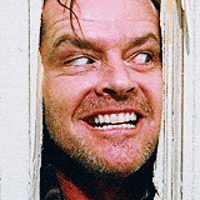
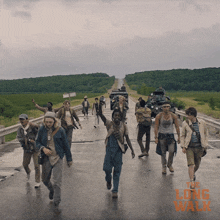
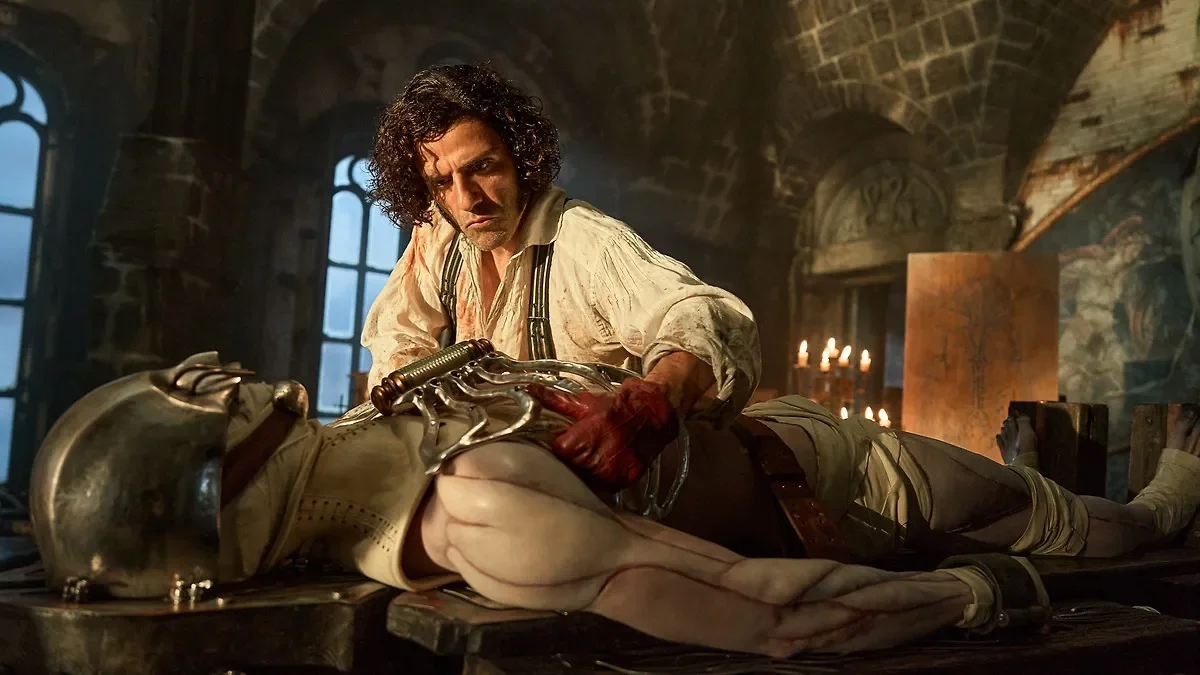

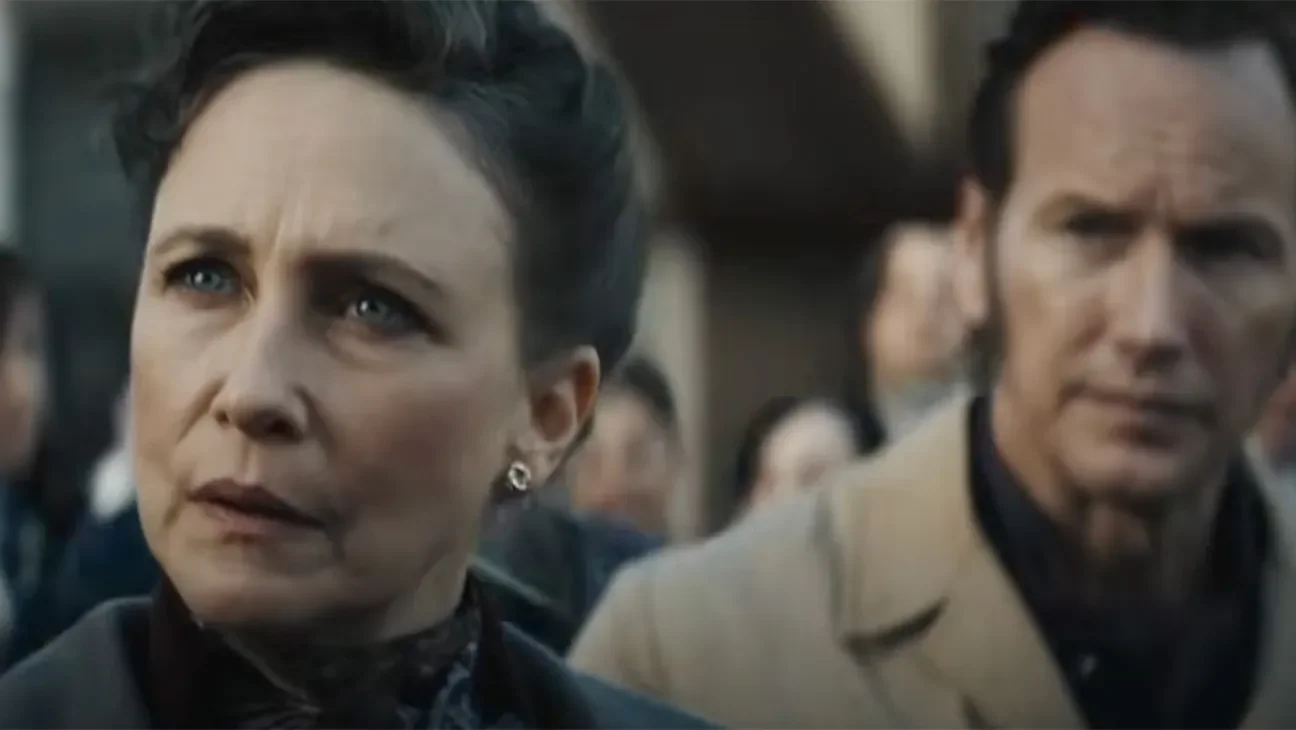




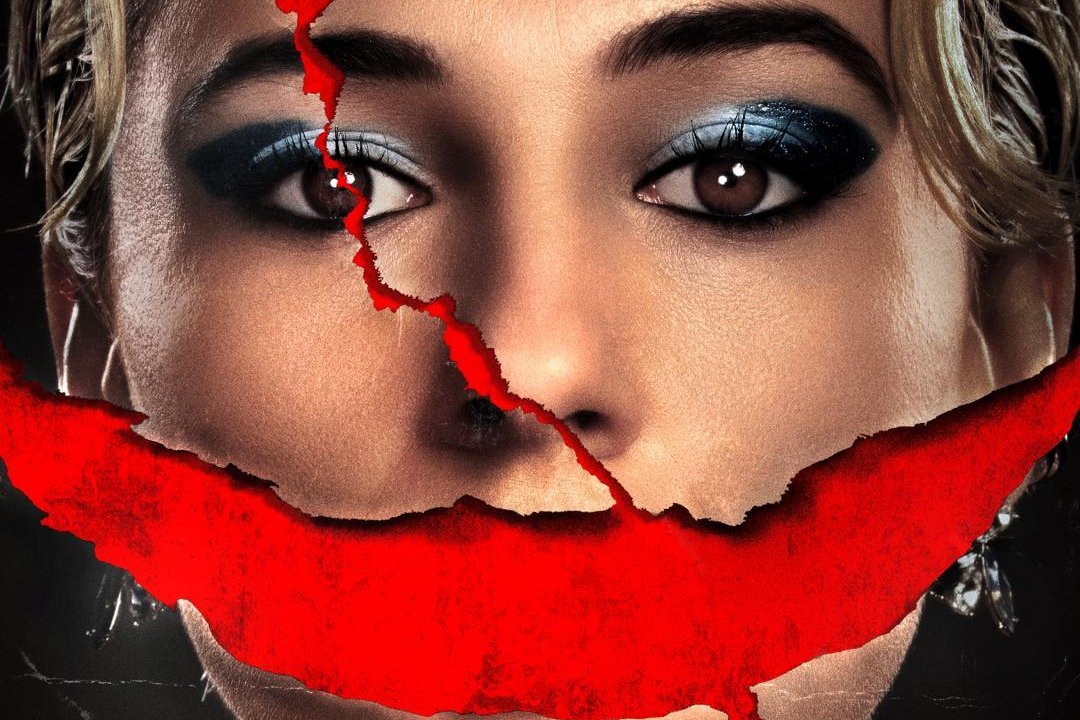





A personal ranking of the best horror movies of 2025, from experimental slow burns to grief-soaked nightmares that linger long after the credits.